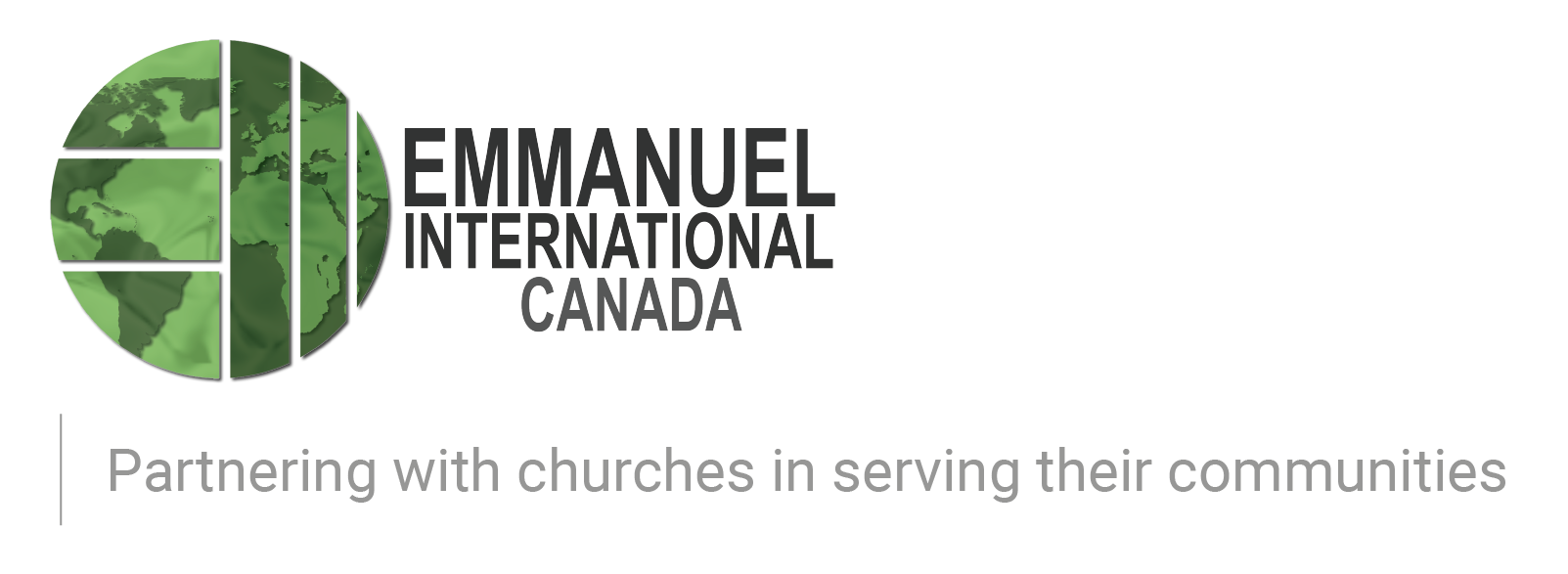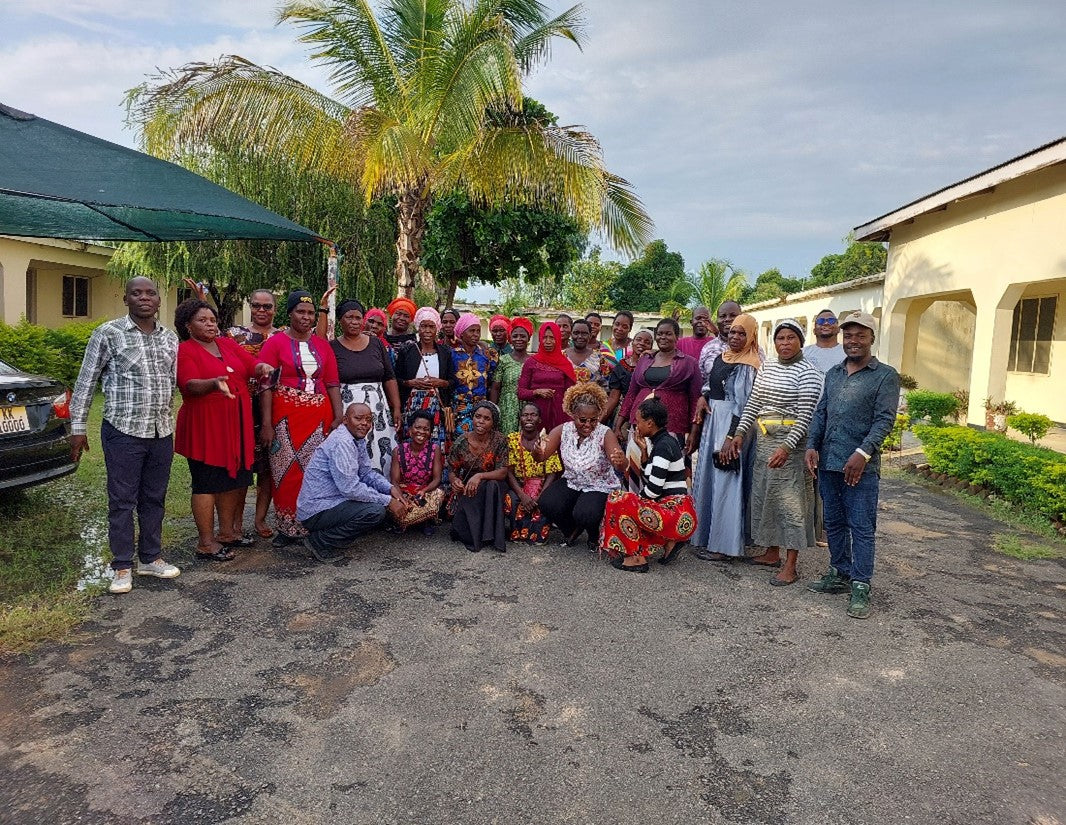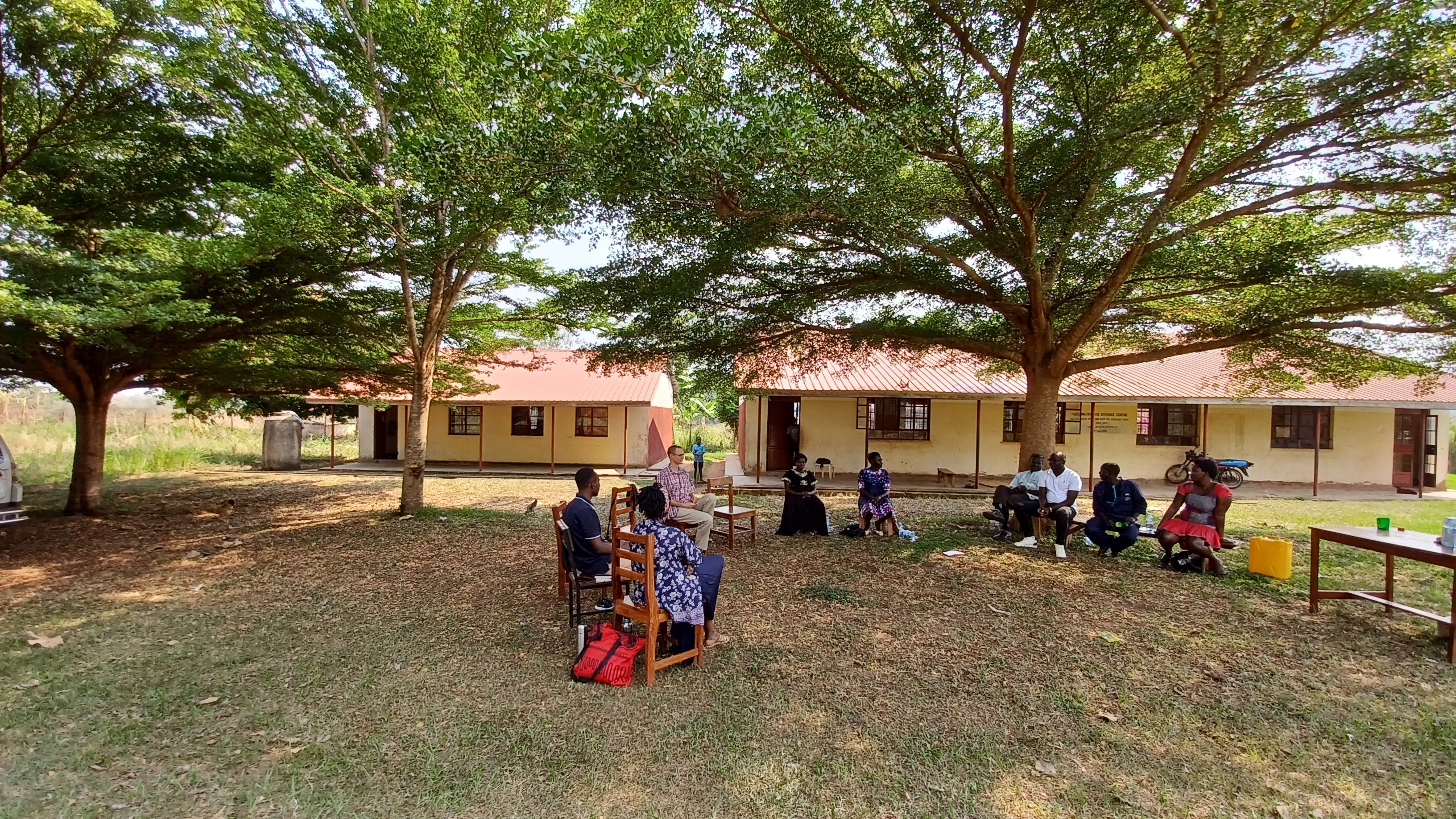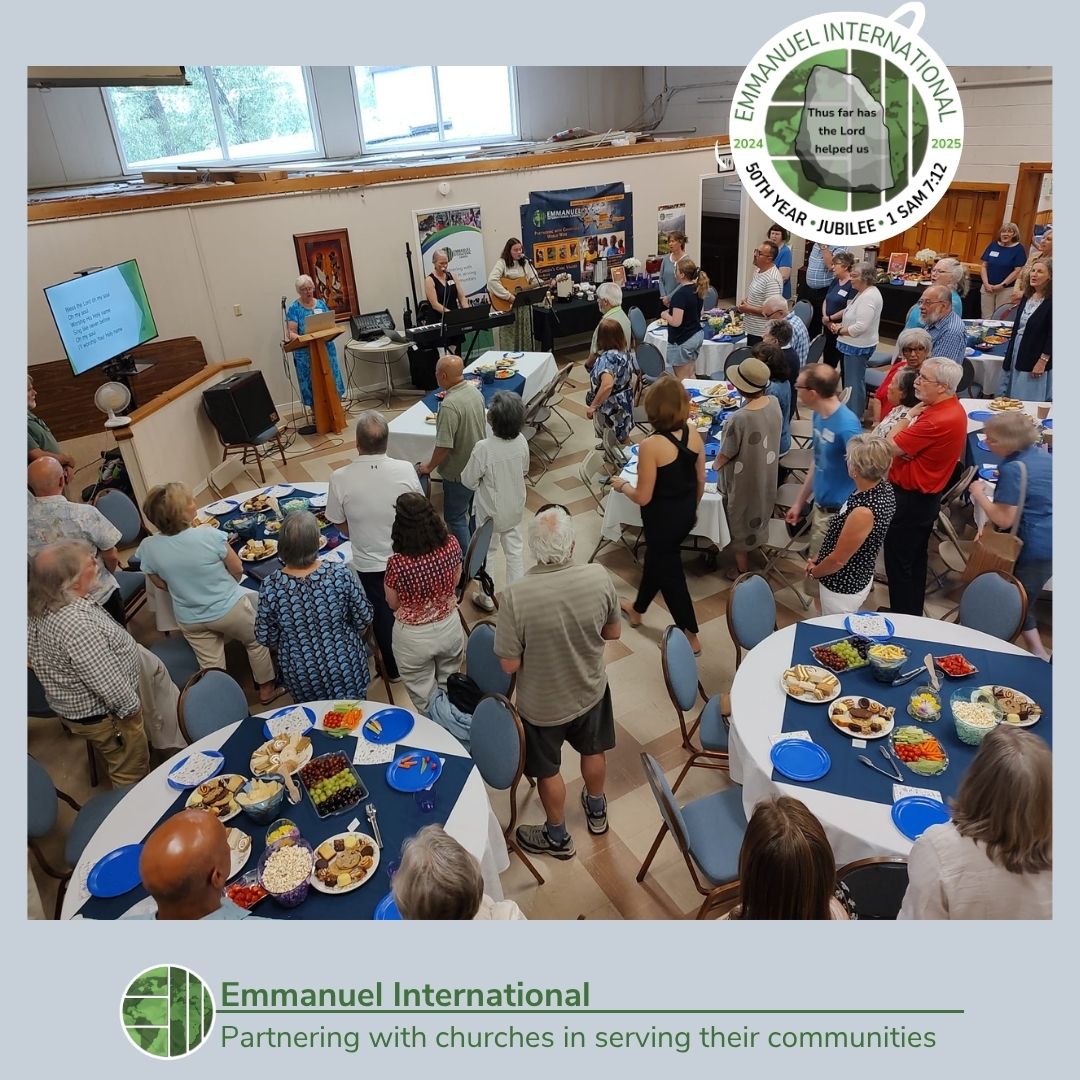“Since January I was facing a lot of abuses, but after being referred to a Village and Savings & Loan (VSL) group, I have been able to experience changes in my life”.
When I (Joella Reitsma, Empower Women Project Grants Manager) visited two villages in Malawi March 2025, I heard countless versions of this testimony—my life has been changed by participating in Emmanuel International’s Empower Women project. Men and women welcomed us to their village with beautiful songs to share their testimonies and say, “thank you for coming Canada!”.
The Titukule Azimai (translated to Empower Women) Project is a 4-year gender equality and economic empowerment initiative aimed at supporting women and girl survivors of sexual and gender-based violence (SGBV) in Malawi. In a country where over half of the population lives below the poverty line, women bear the brunt of the challenges. Women experience continued human indignity from limited or no access to basic services, poor education, inability to read, low participation, exclusion, insecurity, infringements on their human rights and a broad range of other inequalities.
One in three women will experience physical or sexual violence in her lifetime, often at the hands of someone she knows. Low education & inter-generational harmful practices have led almost a quarter of women to believe that physical punishment from their husbands is legitimate. For too many women and girls, safety is a daily uncertainty, and justice remains out of reach.
Our grassroots project, designed by Malawians, is shifting this narrative. We are increasing economic security of survivors of SGBV, changing attitudes and perceptions of SGBV and improving services for survivors.
Since January 2025, 330 women-led VSL groups have been established and formalized in the districts of Mulanje, Machinga and Phalombe. These groups, which warmly welcome survivors of SGBV, have received financial literacy and business skills training and will gain access to capital. One woman shared “I learned how to use a ledger book for the first time”.
Through these VSL groups, women are linked to buyers outside of their usual small markets. This makes their business successful, and gives them economic security and independence, which allows them to escape dangerous or unhealthy situations.
Another key part of the project is helping to change perceptions, especially around acceptance and understanding of SGBV. Since January, 225 village members with leadership potential have been trained in human rights, gender, SGBV and how to create positive gender perceptions in their communities. And these incredible champions shared testimonies about how they’re bringing these taboo conversations to sporting events and bars or other places where community members gather. And it’s impacting positive social transformation in their communities!
In the next three years of the project, we will continue to work with District leaders, the government and communities to support victims of SGBV by improving services for survivors.
This is going to be done by working with police services and health care facilities to respond to and record cases that happen, working with social services to support victims, and judiciary, to help prosecute and deter further events.
The end goal is to ensure proper systems for support so that survivors will be more likely to report on issues and be provided with effective support.
As I witnessed during my time in Malawi, what makes this project truly impactful is that it’s led by Malawians, for Malawians—people who understand the challenges firsthand and are deeply committed to creating real, lasting change.
It’s a locally driven effort with heart, determination, and deep roots in the communities it serves. Your support can help strengthen that work in real, tangible ways. If you can, we’d truly appreciate you standing alongside the people of Malawi and be part of the change.
This project is funded by Global Affairs Canada and locally implemented by Emmanuel International Malawi in partnership with the Centre for Alternatives for Victimized Women and Children.
View the Video testimony from two women facing challenges of Sexual Gender Based Violence.
Photo 1 Machinga Assistant Community Development Officer; Gilbert Kachinjika demonstrating to the village agents how to cut and record in ledger book. 27/2/25.






Leave a comment
All comments are moderated before being published.
This site is protected by hCaptcha and the hCaptcha Privacy Policy and Terms of Service apply.